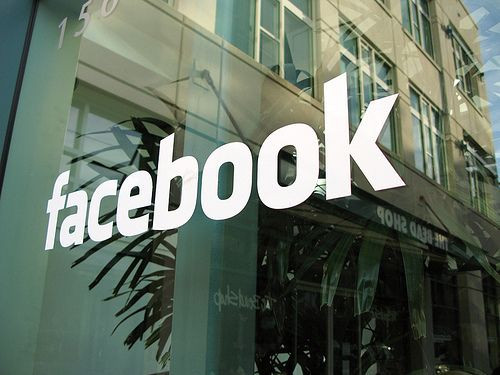Companies Look At The Wrong Traits When Screening New Applicants’ Facebook Profiles; Study Finds Alcohol Use Disqualifies Conscientiousness

A paper résumé no longer suffices when it comes to job applications. A well-groomed social media presence can often weigh just as heavily on a future employer's first impression. But could businesses be looking for the wrong traits when assessing a new hire's Facebook profile? According to a new study, the answer is a resounding yes.
Three North Carolina State University researchers recently published their findings in Cyberpsychology, Behavior and Social Networking, under the title "Big Five Personality Traits Reflected in Job Applicants' Social Media Postings." The paper asserts that employers typically look for signs of alcohol or drug use to determine the applicant's conscientiousness, or his level of responsibility. If the applicant overindulges, the researchers assume, he's history.
The study included 175 participants whose personality traits were measured according to those employers tend to look for in applicants. The researchers then cross-checked these traits with the subjects' Facebook profiles to glean any similarities or discrepancies.
"Companies often scan a job applicant's Facebook profile to see whether there is evidence of drug or alcohol use," said Dr. Lori Foster Thompson, a professor of psychology at NC State and co-author of a paper describing the study, in a press release, "believing that such behavior means the applicant is not 'conscientious,' or responsible and self-disciplined."
However, the researchers argue that an alcohol-consuming applicant does not receive a fair assessment by these standards. Handfuls of other good qualities may outshine the behavior in practice, such as work-ethic and punctuality. But giving alcohol use so much weight ends up distorting the overall picture that is presented.
"This means companies are eliminating some conscientious job applicants based on erroneous assumptions regarding what social media behavior tells us about the applicants," said Will Stoughton, a Ph.D. student at NC State and lead author of the paper.
Here the researchers argue that too much information ends up working against the applicant's favor. If assessed on credentials alone, a candidate's strength would no doubt prevail. Under the close scrutiny provided by social media, external factors — perhaps irrelevant ones — may fog up an employer's judgment.
Other qualities assumed desirable by the researchers were agreeableness and extraversion. These were found to do an even greater disservice when sought after online.
"The study found that extroverts were significantly more likely to post about drugs or alcohol on Facebook," the press release states. "So companies weeding out those applicants are likely to significantly limit the pool of job candidates who are extroverts."
The study essentially reveals mismatched correlations: just because extroverted candidates are more likely to consume alcohol, it does not mean that alcohol consumption comprises the person's master status. Indeed, alcohol consumption could constitute a large portion of the person's life, but it could also be responsible recreation. In either case, deducing only from the Facebook profile leaves too many questions unanswered.
However, researchers did find one strong correlation between Facebook behavior and employer desirability.
Study participants who rated high on both agreeableness and conscientiousness were also very unlikely to "badmouth" or insult other people on Facebook, the press release states. This finding somewhat validates an employer's social media search, leading researchers in the end to encourage employers to attach more weight to those who talk negatively about others, rather than consume alcohol.
"If employers plan to keep using social media to screen job applicants, this study indicates they may want to focus on eliminating candidates who badmouth others," said Stoughton, "not necessarily those who post about drinking beer."
Source: Stoughton J, Thompson L, Meade A. Big Five Personality Traits Reflected in Job Applicants' Social Media Postings. Cyberpsychology, Behavior and Social Networking. 2013.



























